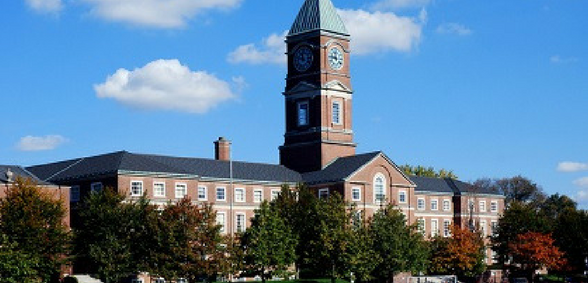
CREDIT: This story was first seen in The Telegraph
Alumni from elite boys’ public schools do not dominate the upper echelons of British society as much as they used to, according to a detailed analysis of Who’s Who over the past 120 years, The Telegraph reports.
The command that Britain’s public schools hold over the highest offices in the country has “diminished significantly” over time, academics at the London School of Economics and Political Science (LSE) have found.
The rise of women in the workplace and the wane of military and religious elites in British society have all been contributing factors to this, as well as far-reaching educational reforms, the researchers said.
Dr Aaron Reeves of the International Inequalities Institute at LSE and Dr Sam Friedman of the Department of Sociology at LSE, analysed the influence of the Clarendon Schools on Who’s Who entrants.
The Clarendon Schools – Charterhouse, Eton, Harrow, Merchant Taylor’s, Rugby, Shrewsbury, St Paul’s, Westminster, and Winchester College – have traditionally educated around 0.15 per cent of all people aged 13 to 18, but still produce nearly 10 per cent of all Who’s Who entrants.
“During the nineteenth and early-twentieth centuries, this small set of Clarendon schools – consecrated as the ‘Great Schools’ by the Clarendon Commission in 1861 – were widely considered ‘the chief nurseries’ of the British elite, defining institutions that prepared their male-only alumni (old boys) to take up positions of power across politics, law, business, culture, and the military,” the report said.
Researchers found that while the alumni of these schools are now less powerful than they have been in the past, they nonetheless are 94 times more likely to reach the Britishelite than are those who attended any other school.
The paper, published in American Sociological Review, analyses 120 years of biographical data in Who’s Who to explore the changing relationship between elite schools and elite recruitment.
Who’s Who, the leading biographical dictionary of “noteworthy and influential” people in the UK, has been published every year since 1897.
Many entrants are included automatically upon reaching a prominent occupational position, such as MPs, Peers, Judges, senior civil servants, heads of public bodies, Dames and Knights, Poet Laureates, and heads of museums and large arts organisations.
The rest are selected based on “a noteworthy professional appointment or sustained prestige, influence or fame.”
Don’t forget to follow us on Twitter and keep up-to-date with the latest news and features
